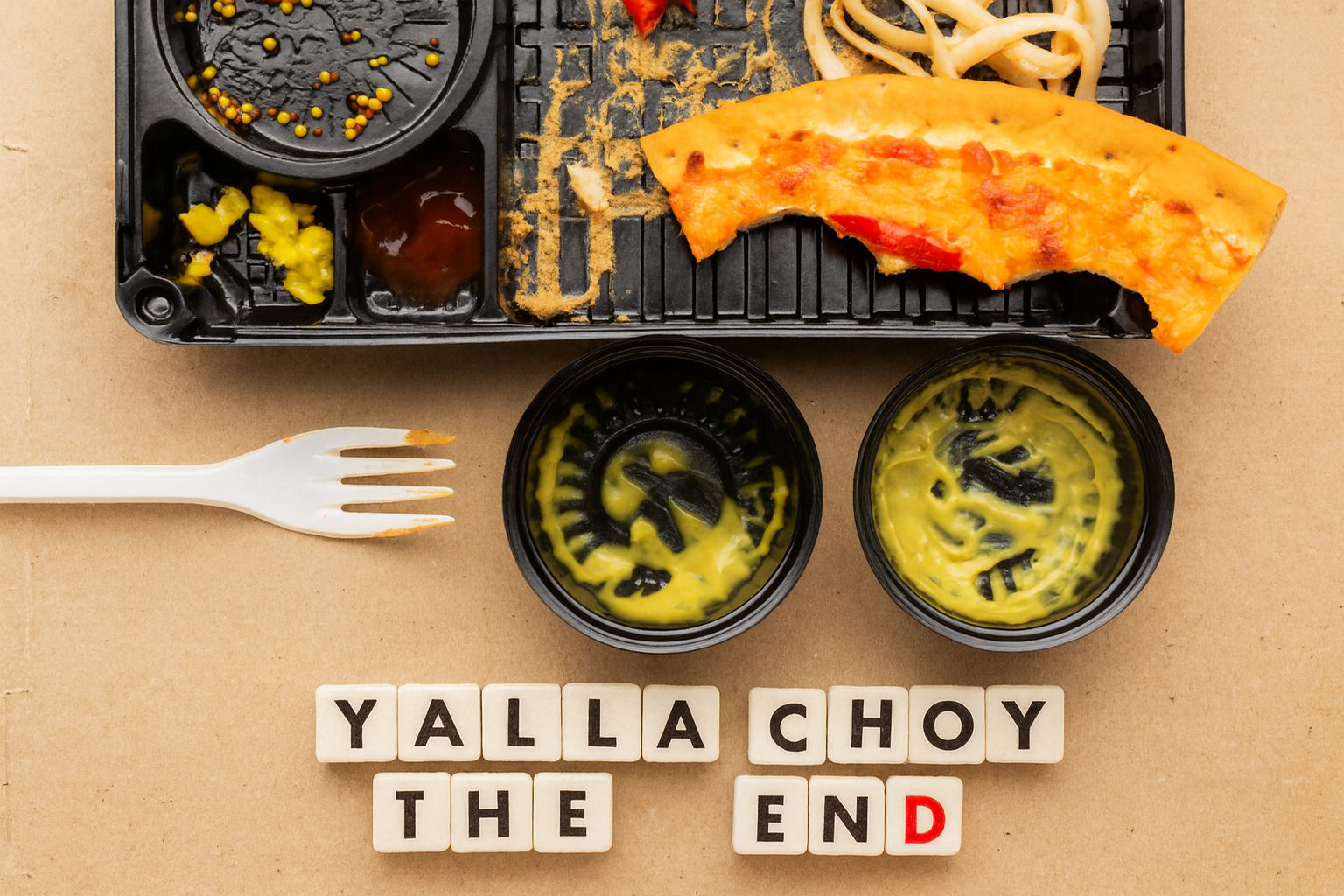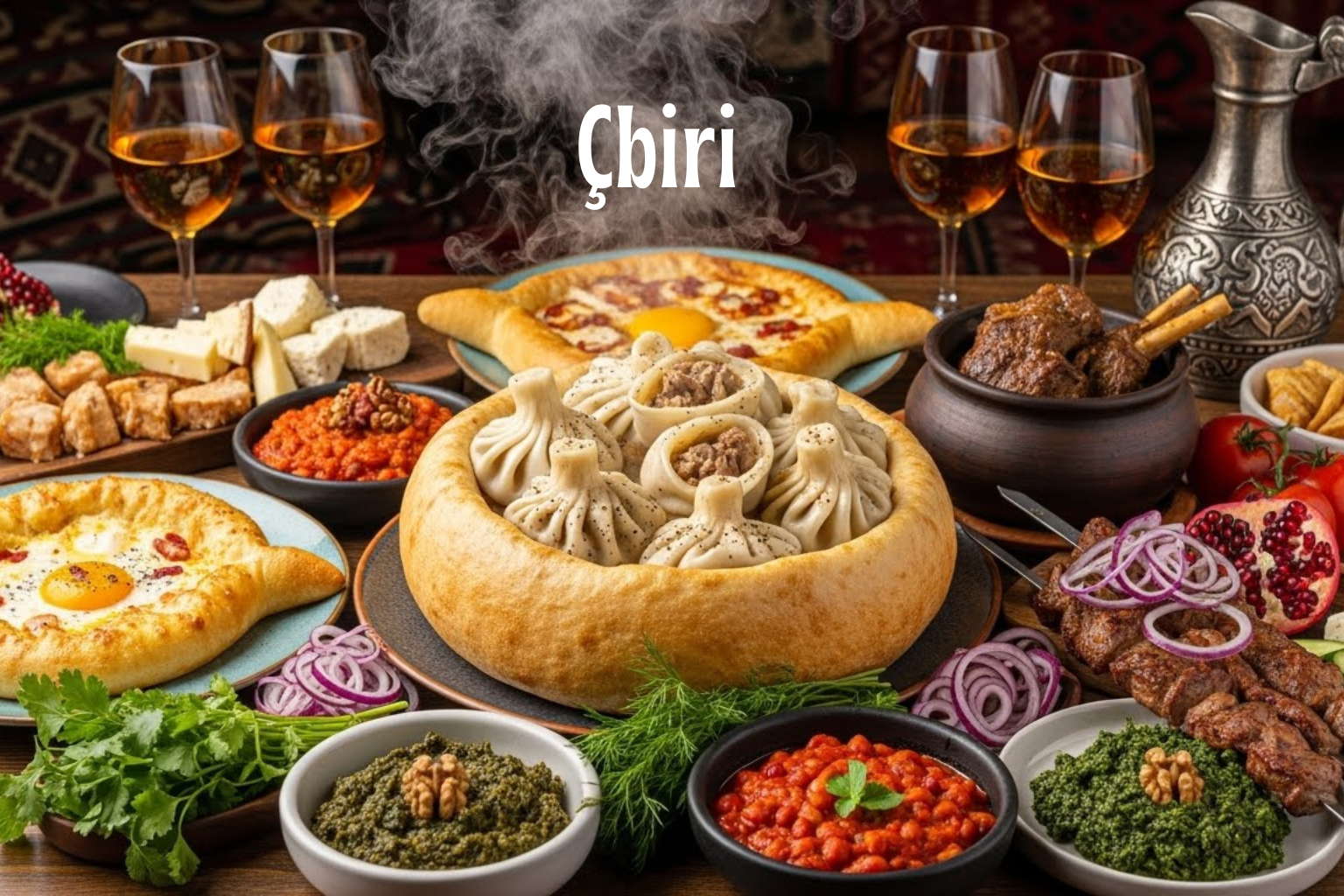Introduction
Every once in a while, the internet births a phrase that travels faster than logic, transcends borders, and sparks endless curiosity. “Yalla choy” is one such newcomer. Seemingly nonsensical at first glance, it’s a quirky mash-up of sounds, cultures, and meanings that has already carved out space in online conversations, memes, gaming chats, and—oddly enough—even recipe blogs.
But what exactly does yalla choy mean? Is it slang, a food item, or a clever piece of SEO wizardry gone wild? Let’s dive into the multiple layers of this trending keyword and unpack how something as small as two words can ripple across the digital world.
Breaking Down the Words
“Yalla”: The Arabic Push
The first part, “yalla”, comes directly from Arabic. It’s a word that anyone who has spent time in the Middle East will recognize instantly. Roughly translating to “come on” or “let’s go,” it carries an energetic, urging vibe. In casual speech, it’s used to nudge someone along, inject excitement into a situation, or simply say “hurry up.”
Over the years, Yalla has spread globally. It has become a recognizable exclamation of momentum and urgency from expats to gamers to travelers.
“Choy”: Layers of Interpretation
The second part—“choy”—is where things get messy and fun. Depending on context, choy could mean:
- Yu Choy, the vegetable – A leafy green popular in Chinese cuisine.
- A playful suffix – Similar to “boi” or “chan” in internet slang, used to soften or add humor.
- A sound-effect word – Something that just “sounds right” to pair with yalla.
The beauty of choy is that it’s undefined, which leaves space for reinterpretation, parody, and remix.
Internet Slang: “Yalla Choy” as a Meme
Recently, bloggers and digital culture sites have been abuzz with explanations of yalla choy as a slang catchphrase. It’s popping up in:
- Gaming chats, where players yell “yalla choy!” before rushing into battle.
- Group memes, pairing the phrase with images of chaos, cats, or exaggerated expressions.
- Social captions, where people use them to hype themselves or others up.
Much like “let’s go” or “skrrt,” it doesn’t require deep meaning—it thrives on energy. Its cross-cultural rhythm (Arabic + Asian-sounding suffix) makes it instantly memorable.
The Food Angle: Yu Choy Rebranded
Parallel to its slang life, a completely different strand of the internet treats “yalla choy” as food content. Many recipe and health blogs describe it as synonymous with yu choy, a Chinese leafy vegetable similar to bok choy.
Yu choy is:
- Rich in vitamins A, C, and K.
- Quick to stir-fry, steam, or add to soups.
- It has been a staple in Asian kitchens for centuries.
On these food blogs, yalla choy articles read like classic recipe explainers: cooking methods, nutritional benefits, and growing tips. The key here is SEO opportunism—bloggers latch onto the trending phrase yalla choy to draw clicks, even if the vegetable itself has nothing to do with the slang origins.
Why Did “Yalla Choy” Spread So Fast?
- Catchy Phonetics
The combination is bouncy and fun to say. It sticks in the mind like a chant. - Cross-Cultural Curiosity
Mixing Arabic and Asian elements makes it intriguing to diverse audiences. - Memetic Flexibility
It works as hype text, a joke, or a random garnish to any conversation. - SEO Amplification
Once a few blogs began covering it, others jumped on, creating an echo chamber of content. The phrase skyrocketed in search visibility.
Case Study: From Slang to Search
Take a recent gaming meme: a streamer yells “Yalla choy, boys!” before making a risky move. The clip goes viral on TikTok. Lifestyle blogs post “What does yalla choy mean?” pieces a week later. Soon after, recipe sites twist it into vegetable talk.
This cycle demonstrates a familiar internet phenomenon: random slang being domesticated into mainstream content through SEO farming.
Cultural Layers and Blends
At its heart, yalla choy symbolizes cultural blending online.
- The Arabic root brings in a Middle Eastern flavor.
- The Asian echo of choy ties to culinary or linguistic familiarity.
- The internet remix culture allows for nonsensical yet sticky creations that thrive in hashtags, GIF captions, and digital banter.
It’s not the first time cultures collided to form slang—think of words like “kawaii desu ne bro” or “ciao bella fam.” But the speed with which yalla choy has been embraced shows how globalized our online humor has become.
The SEO Factor: How Blogs Boosted It
A quick scan of recent blog titles shows clear patterns:
- “What Does Yalla Choy Mean?”
- “Yalla Choy Explained: Slang and Culture”
- “Is Yalla Choy a Vegetable?”
These classic SEO formats are designed to rank when curious readers search for the trending term. By flooding the internet with articles, bloggers effectively amplify the buzz around the phrase, ensuring it keeps showing up in feeds.
This self-reinforcing cycle means even if the slang dies out in chats, the term will live longer as food content and evergreen SEO filler.
Practical Uses: How to Deploy “Yalla Choy”
- In chats: Drop it as a hype word before a big moment (“Exam tomorrow? Yalla choy!”).
- In memes: Pair it with absurd visuals for comedic punch.
- In recipes: If you’re genuinely cooking yu choy, tag it with #yallachoy for fun.
- In branding: Quirky enough to be merch-friendly (hoodies, stickers).
What It Tells Us About Language Online
Yalla choy is a microcosm of how language evolves online:
- Borrowed terms (yalla) get mixed with random additions (choy).
- Memes fuel their spread.
- SEO blogging cements them into searchable history.
It’s linguistic jazz—half planned, half improvisation, all viral.
Conclusion: A Phrase Larger Than Its Parts
So, is yalla choy slang or salad? The answer is: both, and neither. It’s a phrase that started as hype, got reinterpreted as food, and will likely evolve into new forms tomorrow.
This dual identity—part meme, part misdirected recipe—makes it uniquely internet-born. Whether you encounter it in a gaming stream, a lifestyle blog, or a cooking site, remember: it’s all part of the cultural remix we live in today.And if you want more quirky breakdowns of viral internet phrases, check out my blog Baddieshub—your go-to place for decoding digital culture.




